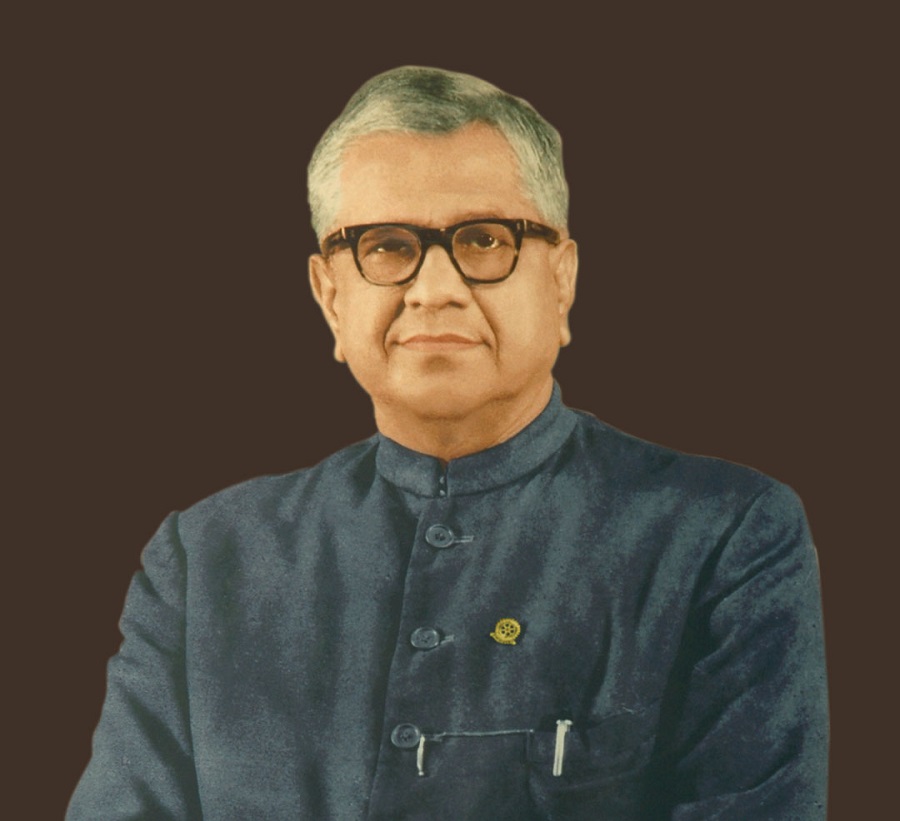T M A Pai or Tonse Madhava Ananth Pai was a well-known Indian educationist, philanthropist, and entrepreneur. He was born on June 30, 1898, in Udupi, Karnataka, India, and passed away on May 19, 1979.
T M A Pai was the founder of the Manipal Education and Medical Group (MEMG), which is one of the largest privately-owned education and healthcare conglomerates in India. He established the Kasturba Medical College (KMC) in Manipal, Karnataka, which is now recognized as one of the top medical colleges in India.
Pai was also a founding member of the Syndicate Bank, which is one of the oldest commercial banks in India. He played a crucial role in establishing the bank and was a member of its board of directors for several years.
In addition to his contributions to education and banking, Pai was also actively involved in philanthropic activities. He established several charitable trusts that supported various causes, including education, healthcare, and social welfare.
T M A Pai was a respected and influential figure in Indian society, and his contributions to education, banking, and philanthropy have had a lasting impact on the country.
The belief behind the success of T M A Pai
Have you heard the heartwarming tale of the once-private Syndicate Bank, which began with a 25-paise deposit and went on to merge with Canara Bank on April 1, 2020? This bank’s story is significant for India’s evolution as a wealth generator, as it worked towards the upliftment of the masses.
Syndicate Bank was established with a belief that a person cannot generate sustainable wealth for themselves without finding ways to make their community wealthy as well. It was also unique in locating its headquarters in a rural area and understanding how wealth could be found at the bottom of the pyramid.
The bank was founded by Tonse Madhav Anant Pai or T M A Pai, who initially wanted to study medicine in Japan. However, he was encouraged by his mother to stay in his fishing village and practice medicine for the welfare of the people he grew up with. After discovering that a fishing village could not provide him with the intellectual challenge he craved, Pai realized that the reason he was not earning enough was because the people around him were also not earning enough. This realization led him to strategize a social revolution.
T M A Pai starts a social revolution
Pai then explained to the women why their children were getting sick so frequently: they only ate fish and rice. He urged parents to provide the kids with a daily glass of milk. He advised them to purchase a cow for their homes instead, as he knew they couldn’t afford to pay for a drink of milk.
They chuckled and claimed that they couldn’t even afford a drink of milk, much less a cow. Nonetheless, Pai gently assured them that he could provide the women with cows and that the payback process was simple. He clarified, “Just give your child a glass of milk, and I’ll buy the rest from you and modify the cow’s pricing after that. Nothing else needs to be done.”
Within a short while, there were so many cows in the village that Pai could not purchase all their milk, so he formed a milk cooperative.
The start of Syndicate Bank
He established Canara Industrial and Banking Syndicate Ltd., a bank with its headquarters in Manipal, to manage the quantity of money coming in. In 1925, the bank’s first branch opened its doors in Udupi, Karnataka. It had established itself as a Mumbai clearing house by 1937.
The bank also provided funding for the weavers’ cooperatives he later established. He then started schools, colleges, and organisations that taught engineering and medicine in order to assist society. Later, this structure was transformed into the renowned Manipal Educational Complex.
To grow the bank, Pai looked around for good businessmen who had the urge to grow and both the ability and willingness to repay the amounts borrowed. On one of his travels, he met a trader, whom he helped get a yarn license from the government.
During one of his travels, he met Dhirubhai Ambani, a businessman whom he helped get a yarn license from the government. As a result of this interaction, a member of the Pai family remained on the board of Reliance Industries for as long as he lived. Despite not having the largest share, Syndicate Bank was the lead agent for all loans syndicated by Reliance.
Interestingly, Dhirubhai Ambani named his grandson Ananth in honour of Dr Tonse Madhav Anant Pai, whom he held in high regard.

Dr Tonse Madhav Anant Pai was a multi-faceted and dynamic person who had a long and successful career as an educator and administrator in India. He was born in 1898 in Karnataka and went on to earn several degrees, including a PhD from the University of London.
Anecdotes from the author’s life – The need to guard your turf

